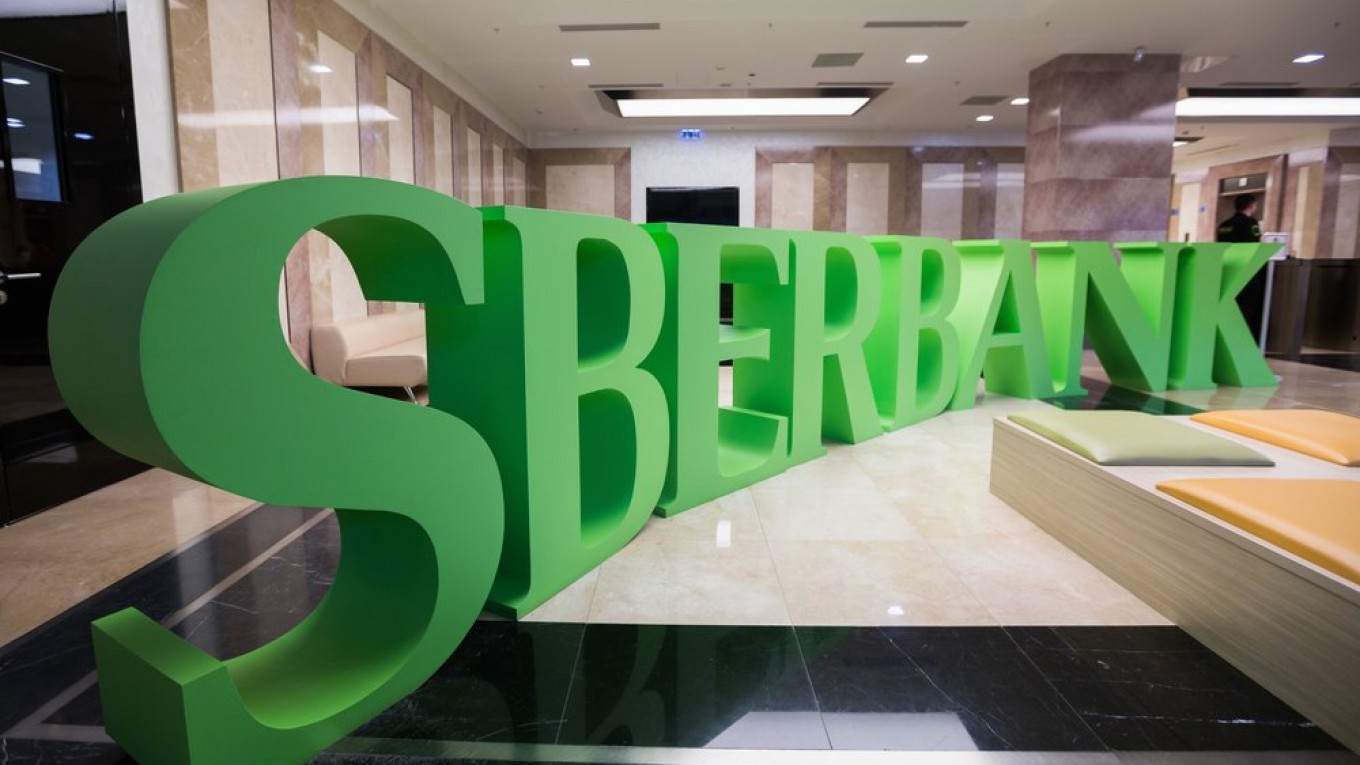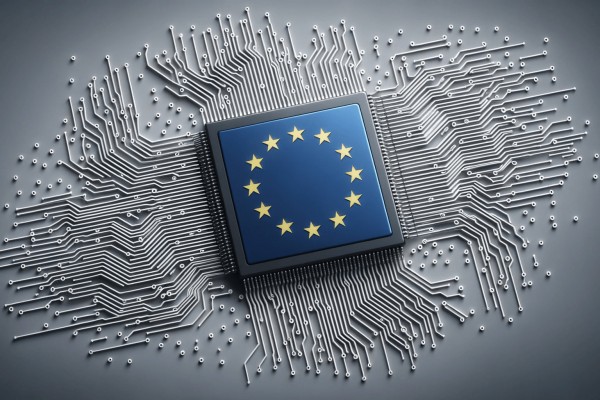On February 15, Sberbank, Russia’s largest bank, announced plans for structural changes and for a consequent senior staff reshuffle. The changes are due to be completed by June 1, 2022, according to a statement from the bank.
Sberbank will divide the ecosystem into two separate ones: for clients — legal entities (B2B-business) and for clients — individuals (B2C-business), both will “cooperate closely with each other, as well as with other bank divisions and Sber subsidiaries”.
How will the structure of the Sber ecosystem change?
Sber Group’s key non-banking industry, an e-commerce holding will be established that will combine Sber’s investments in SberMarket, SberMegaMarket, SberLogistics, SBER EAPTEKA, and SMM Retail, as well as in O2O Holding, Sber’s joint venture with VK. According to the bank, unified asset management will ensure a better customer experience, “create significant synergy, and strengthen Sber Group’s position in the fast-growing e-com industry”,
All Sber partners in companies set to join the holding will receive an offer to exchange their shares for shares in the holding at fair market value.
Herman Gref, CEO and chairman of the executive board of Sberbank, said that Sber is undergoing s business model transformation from bank to diversified ecosystem providing hundreds of useful services in a variety of areas for over 105 million clients.
“Ensuring synergy in products and services based on the customer journey, anticipating customer needs on a daily basis, and forming a comprehensive proposal for segments from Sber as an ecosystem – these are our team's key objectives. I am certain that we will be able to bring even more value to society and construct an efficient process to create and continuously develop comprehensive and advantageous offers for Sber clients in the framework of our new organizational structure”.
According to Mikhail Shikhmuradov, an expert of the BRICS Competition Centre, the transition to the new structure of Sber is a response to the actions of the Central Bank of Russia:
"The active development of ecosystem architecture businesses has become a dominant trend in the digital economy — triggering reactions from industry and financial regulators. The Bank of Russia issued an advisory report in the middle of last year outlining the possible risks from financial institutions investing in immobilized assets — those that are not subject to repayment requirements (this constrains the core mechanism of banks' commercial activities). Therefore, it seems that Sber's decision to separate the two areas of the financial ecosystem (B2B and B2C) with the simultaneous creation of a holding whose ecosystem will be built on the marketplace service is intended not only to improve management efficiency, but also to reduce risks associated with requirements from financial regulators."
Management changes
Amid the reorganization of its ecosystem, Sberbank is changing its personnel. Sberbank first deputy CEO Lev Khasis will conclude his work on the board “in order to pursue his own projects”. He will become the new company’s chairman of the board of directors of the e-commerce holding that will be established by Sber.
“One of the key goals of Sber’s strategy is to achieve leadership in the e-commerce industry in Russia. This is a very ambitious challenge. When met, it will bring great value to the shareholders of Sberbank and its clients”,
said Lev Khasis.
Alexander Vedyakhin, first deputy chairman of the executive board, will oversee the development of the B2B ecosystem, AI and ESG. He will also supervise the Sales Network Unit.
The bank has decided to institute a position of first deputy CEO to head the business-to-client (B2C) ecosystem. If the central bank approves the decision, the role will go to Kirill Tsaryov currently one of the deputy CEOs and head of retail.
Chief financial officer Alexandra Buriko has been named as deputy CEO. Her nomination is awaiting the go-ahead from the central bank.
According to RBC, the revenue of Sber's non-financial business at the end of three quarters of 2021 reached 121.7 billion rubles. This is 2.8 times higher than in the same period of 2020. E-commerce brought the largest share of revenue — the GMV indicator (total volume of goods turnover) for this period amounted to RUB 62.9 billion against RUB 5.5 billion for the same period a year earlier. The pre-tax loss from ecosystem services amounted to 32.2 billion rubles.
Sberbank expects to reach the break-even point for the majority of the ecosystem services only by 2023.




